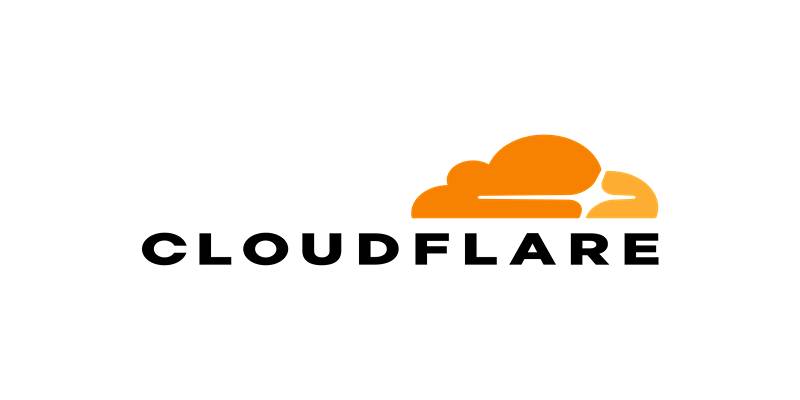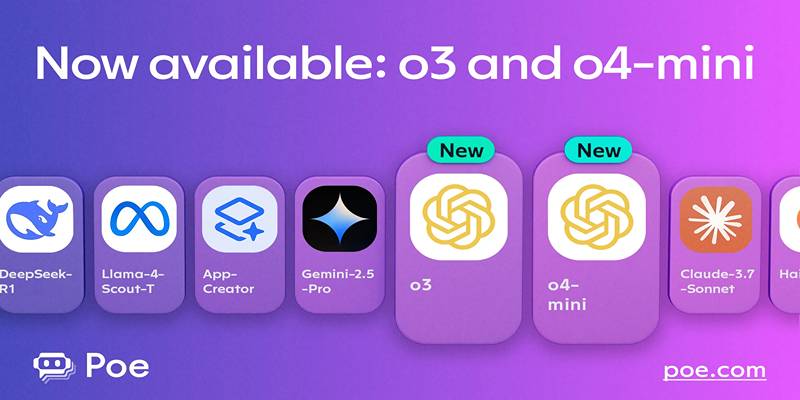Astro 5.6 introduces significant advancements for developers deploying to Cloudflare, offering a more robust integration between the frontend framework and Cloudflare’s edge platform. This version refines how environment variables are handled and implements a new session API designed specifically to support serverless environments like Cloudflare Workers. These changes reflect Astro’s continued focus on enabling server-first web development without compromising scalability or performance on modern edge infrastructure.
With Cloudflare Workers growing in popularity as a lightweight, globally distributed hosting solution, the updates in Astro 5.6 make it easier for developers to confidently deploy and maintain feature-rich applications at scale.
Deeper Cloudflare Integration in Astro 5.6
Astro’s architecture is built around a hybrid rendering model that supports both static and dynamic content delivery. This flexibility pairs well with Cloudflare Workers, which run code at the network edge to reduce latency and improve load speeds. Astro 5.6 recognizes this synergy and introduces tailored support for the nuances of Cloudflare’s runtime environment.
A primary enhancement in this release is the improved interoperability between Astro’s runtime and Cloudflare’s request lifecycle. Astro now more effectively aligns with Cloudflare's APIs and edge limitations, such as limited cold start memory and stateless execution, ensuring that deployments behave predictably and efficiently.
Enhanced Environment Variable Management
One of the key updates in Astro 5.6 is the overhaul of environment variable handling, which directly affects deployment workflows, runtime security, and application behavior. Previously, managing environment variables in a Cloudflare context involved workarounds or external tooling configurations that made development more complex.
Astro 5.6 introduces an internal system that tightly controls how environment variables are parsed, injected, and made available at runtime. Variables from .env files or deployment dashboards are now correctly scoped and preserved across environments such as local development, preview builds, and production deployments.
Additionally, the framework now distinguishes between server-side and client-side variables, avoiding unintentional exposure of sensitive data to the browser. Developers can mark specific environment variables as private, ensuring they remain exclusively within server-rendered logic.
This implementation adheres to edge computing principles, where applications must be secure and lightweight. By reducing the need for custom logic to manage variable scoping and behavior, Astro allows developers to focus more on their application logic and less on platform-specific quirks.
Session API for Stateless Environments

One of the most notable additions in Astro 5.6 is improved session support when running on Cloudflare. Session management in serverless platforms like Workers is inherently complex because there's no built-in stateful memory between requests. Astro addresses this by introducing a lightweight, extensible Session API designed with edge limitations in mind.
This update allows developers to create and persist session data in a stateless environment. Sessions can now be initialized during request handling, using encrypted cookies or external stores, and retrieved efficiently without resorting to backend servers. The new API provides a clean abstraction over these mechanisms, simplifying the code needed to manage login states, user preferences, or cart sessions in e-commerce platforms.
Moreover, the API supports hooks that let developers define their logic for encoding and decoding session data, such as implementing JWT tokens, integrating with OAuth flows, or plugging into third-party authentication services.
Improved Dev Experience for Cloudflare Targets
Astro 5.6 also focuses on enhancing the developer experience when building for Cloudflare. The local development server now simulates more of Cloudflare’s behavior, offering better parity with the production environment. It reduces deployment surprises and allows developers to debug against realistic constraints.
When using Astro’s CLI in Cloudflare projects, the development server provides clear warnings about unsupported features, environment mismatches, or runtime limitations. Developers can identify problems early in the process, reducing time lost to debugging after deployment.
Astro has also introduced optimized Cloudflare templates that incorporate the latest changes. These templates serve as starting points for developers building new projects, configured with session handling and environment variable support out of the box.
Runtime Optimization and Security Benefits
Performance and security remain central to the changes introduced in this release. By improving how environment variables and session data are handled, Astro 5.6 helps reduce the runtime complexity of serverless functions.
The new build pipeline excludes unnecessary client-side dependencies from Worker functions, ensuring smaller bundles and faster execution. Cold starts, which are a common performance bottleneck in edge environments, are reduced due to smaller runtime footprints and fewer external dependencies.
Stricter rules around variable exposure also strengthen security. The build system filters out non-essential variables from the client bundle, while Astro enforces type safety and validity checks on server-side variables. It reduces the risk of secrets being leaked through misconfiguration or insecure code.
Cloudflare Ecosystem Compatibility

Astro 5.6 includes better compatibility with Cloudflare’s tooling, especially its wrangler CLI, which is used to deploy and manage Workers. Environment variables are defined in the wrangler.toml configuration is now automatically surfaced in Astro’s runtime without manual duplication.
Astro also respects Cloudflare’s caching headers, edge response policies, and streaming models, ensuring consistent behavior between local development and global edge deployment. Developers can use Cloudflare's native features like caching and security headers alongside Astro without conflict or needing post-processing.
Developer-Centric and Community-Informed
The changes in Astro 5.6 reflect direct feedback from the developer community, particularly those deploying projects to edge environments. The core team has prioritized improvements that reduce friction in Cloudflare-based development, aligning the framework’s features with what developers actually need in production.
The documentation has also been updated to reflect these changes, including comprehensive guides on using environment variables and session handling in Cloudflare deployments. These resources offer practical, framework-native solutions that previously required community plugins or external middleware.
Conclusion
Astro 5.6 represents a strategic evolution in how frontend frameworks align with modern edge-first platforms like Cloudflare Workers. With its revamped handling of environment variables and the introduction of a purpose-built session API, Astro reduces friction for developers deploying server-rendered applications in stateless, globally distributed environments. These improvements are not just about feature checklists—they directly respond to real-world deployment challenges.







